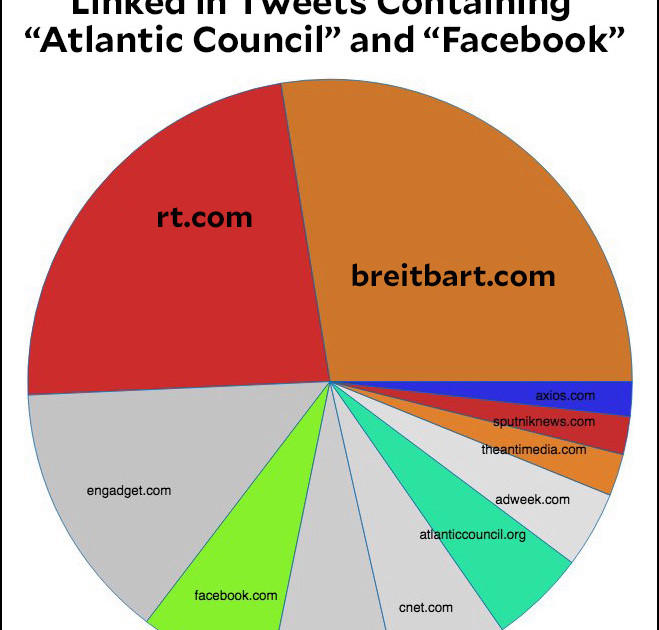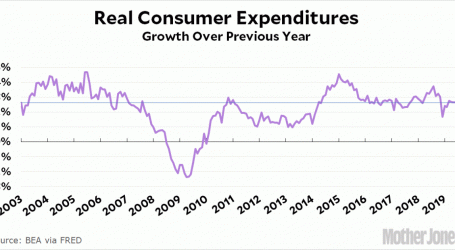Who Hates It When Disinformation Is Exposed?
Looking for news you can trust?Subscribe to our free newsletters.
That Atlantic Council is a think tank of the great and good. It’s basically a centrist, mainstream organization dedicated to free trade, economic development, and generally strong relationships between America and Europe. It’s an apex organization, so to speak, with its senior members frequently being tapped to serve at high levels in new administrations. A couple of days ago one of their programs, the Digital Forensic Research Lab, announced a new partnership:
Today @DFRLab announced that we are partnering with Facebook to expand our #ElectionWatch program to identify, expose, and explain disinformation during elections around the world. The effort is part of a broader initiative to provide independent and credible research about the role of social media in elections, as well as democracy more generally.
That sounds like a fine idea, doesn’t it? Who could possibly object to exposing disinformation? This social network diagram of Twitter mentions from Conspirador Norteño provides a clue:
Huh. How about that? Could you provide a little more detail, Senor Norteño?
Fascinating! Anything else you’d like to add?
In what is surely a total coincidence, 2352 of 4836 accounts (48.6%) in this dataset (most of which oppose the Facebook/Atlantic Council partnership) have still-visible interactions with one or more of the 2752 Internet Research Agency accounts Twitter has acknowledged banning. pic.twitter.com/QV32tKHC7Y
— Conspirador Norteño (@conspirator0) May 19, 2018
Well, there you go. This has been your weekly message from my NATO propaganda overlords.





